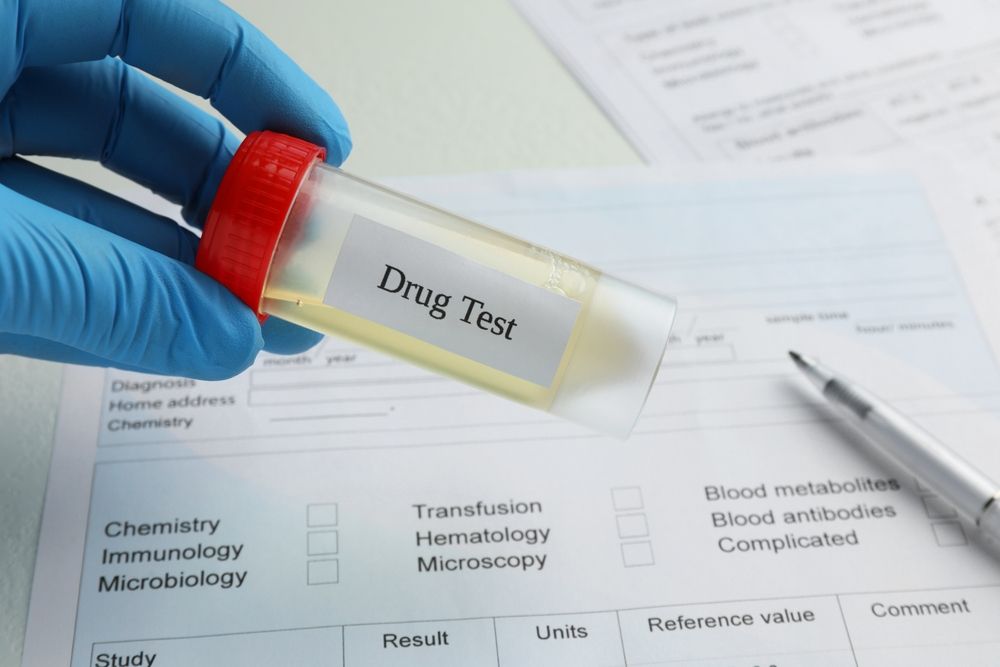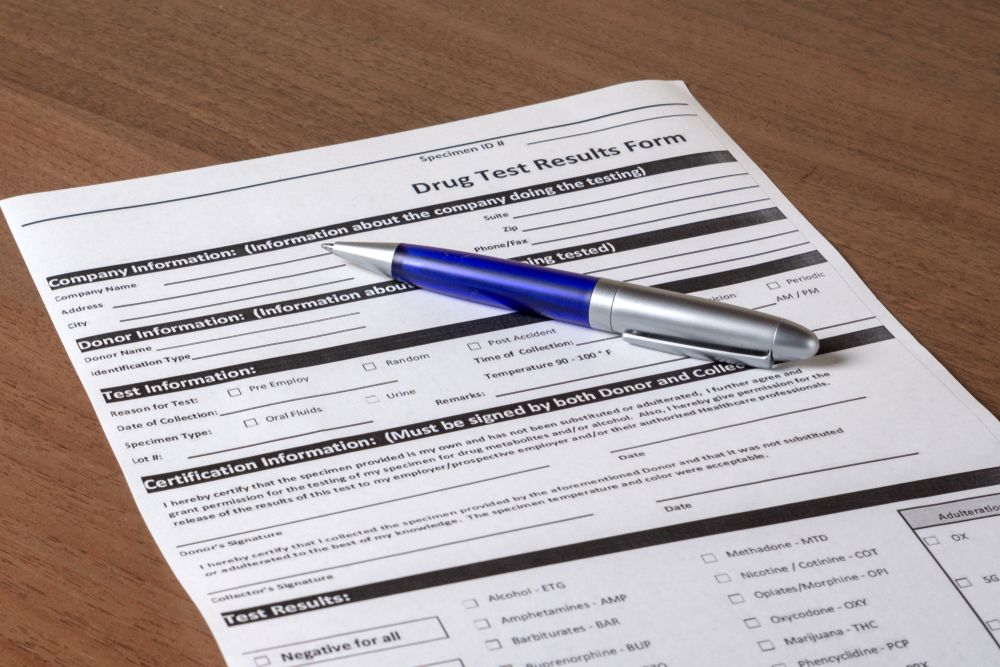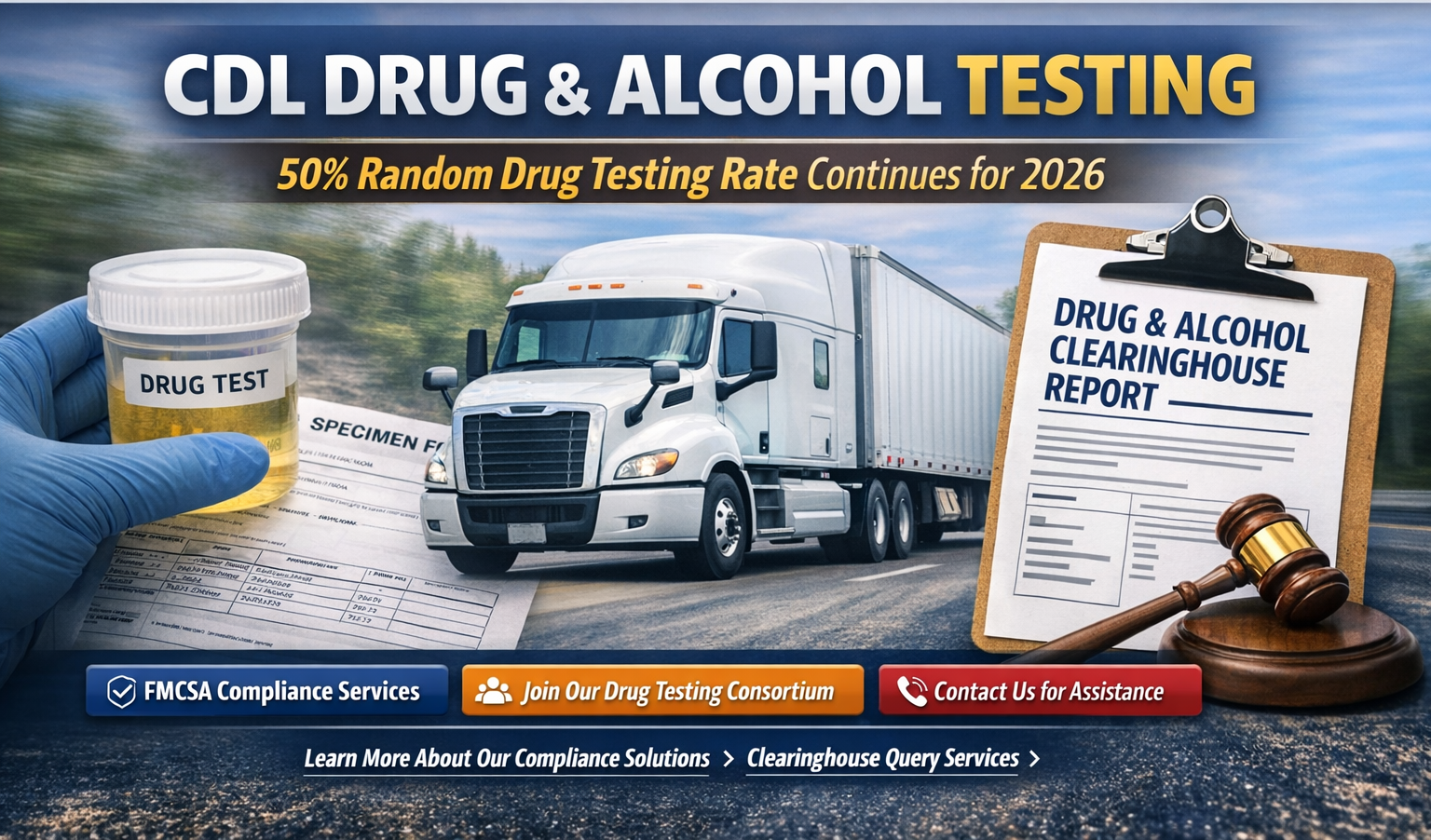DOT Drug Testing Procedures: What to Expect
September 18, 2025
Share this article:
Why DOT Drug Testing Is Required for Commercial Drivers
The Department of Transportation (DOT) requires drug and alcohol testing to help maintain safety across commercial motor vehicle operations. These regulations are in place to protect drivers, passengers, and the public by reducing the risk of impaired driving.
DOT drug testing procedures are governed by federal law and apply to all safety-sensitive transportation employees. For trucking companies, this includes drivers operating commercial vehicles that require a commercial driver’s license (CDL). The testing rules are managed under the Federal Motor Carrier Safety Administration (FMCSA) and are strictly enforced during audits, inspections, and roadside checks.
Substance use in any form can affect reaction time, judgment, and focus. Even off-duty use of certain substances can put a driver out of compliance if detected during a test. That's why the program is designed to be preventive, not just disciplinary. It helps identify issues early and outlines a structured process for addressing them when they arise.
Companies that follow DOT drug testing procedures not only stay compliant but also build a safer, more reliable fleet. It signals a commitment to safety and accountability, both of which play a direct role in long-term business success.

Who Is Subject to DOT Drug and Alcohol Testing?
Any employee performing safety-sensitive functions for a DOT-regulated employer must participate in the drug and alcohol testing program. For the trucking industry, this includes drivers operating commercial motor vehicles that require a CDL and weigh 26,001 pounds or more, transport hazardous materials, or carry 16 or more passengers.
Drivers aren’t the only ones affected. Mechanics, dispatchers, or supervisors who hold dual roles and occasionally perform safety-sensitive tasks may also be subject to testing requirements. If a person could, even occasionally, operate a CMV on public roads, they fall under the program.
Testing applies throughout the employment lifecycle. Drivers are subject to screening:
- Before starting a job
- Randomly throughout the year
- After an accident, under certain conditions
- If there’s a reasonable suspicion of use
- Before returning to duty after a violation
- As part of follow-up testing after treatment
Employers are responsible for maintaining active testing programs and ensuring drivers are notified and tested at the right times. Failing to follow these rules, even unintentionally, can result in serious penalties during DOT audits.
Types of DOT Drug Tests and When They’re Conducted
DOT drug testing procedures follow a standard protocol using a five-panel urine test. This test screens for marijuana, cocaine, amphetamines, opioids, and phencyclidine (PCP). Alcohol tests are typically conducted using a breathalyzer and are measured separately from drug screening.
There are several situations where testing is required:
- Pre-Employment: A negative drug test result is required before a driver can begin safety-sensitive work.
- Random Testing: Drivers are selected at random throughout the year. Selections must be truly random and spread out over time.
- Post-Accident: Testing may be required after a crash depending on the severity, whether there was a fatality, or if the driver received a citation.
- Reasonable Suspicion: If a supervisor observes behavior that suggests drug or alcohol use, they can require testing. This decision must be based on direct observation and supported by proper supervisor training.
- Return-to-Duty and Follow-Up: Drivers returning to safety-sensitive functions after a violation must complete a series of tests as part of the return-to-duty process.
All testing must be conducted at authorized collection sites following DOT guidelines. The procedures are designed to prevent tampering, protect privacy, and maintain a clear chain of custody.
What Happens During a DOT Drug Test?
DOT drug testing follows a standardized process to protect accuracy and fairness. Drivers report to an authorized collection site, present a valid photo ID, and complete paperwork confirming the reason for the test.
The test involves providing a urine sample in a secure restroom. Safeguards such as removing soap and tinting toilet water are used to prevent tampering. Once collected, the sample is sealed with tamper-evident tape, and a chain-of-custody form is completed to track handling from start to finish.
Samples are sent to certified labs for analysis. Any positive result is confirmed by a second test and reviewed by a Medical Review Officer, who may contact the driver about valid prescriptions before finalizing the outcome.
For alcohol testing, a breathalyzer is used, and results are available immediately.
The process is consistent nationwide, giving both drivers and employers clarity and accountability.
Understanding Test Results and the Return-to-Duty Process

Test results are reported directly to the employer’s designated representative, and the driver is notified if there’s a positive finding. A negative result clears the driver for duty, while a positive, refusal, or test violation requires immediate removal from safety-sensitive functions.
To return to duty, the driver must complete an evaluation with a Substance Abuse Professional (SAP), follow the recommended treatment or education plan, and pass a return-to-duty test. Follow-up testing is then required over a set period.
This process reinforces accountability while giving drivers a structured path to rejoin the workforce.
How National Fleet Services Supports Your Drug Testing Program
Managing DOT drug testing procedures can be time-consuming for carriers. National Fleet Services provides full program support, from coordinating pre-employment tests to managing random testing pools and handling reporting requirements.
Our team works with certified labs and collection sites to keep testing compliant and efficient. We also help employers stay audit-ready by maintaining organized records and monitoring deadlines.
By outsourcing these tasks, companies reduce administrative stress and minimize compliance risks.
Request a demo today to see how we can strengthen your drug and alcohol testing program.
fleet insights






